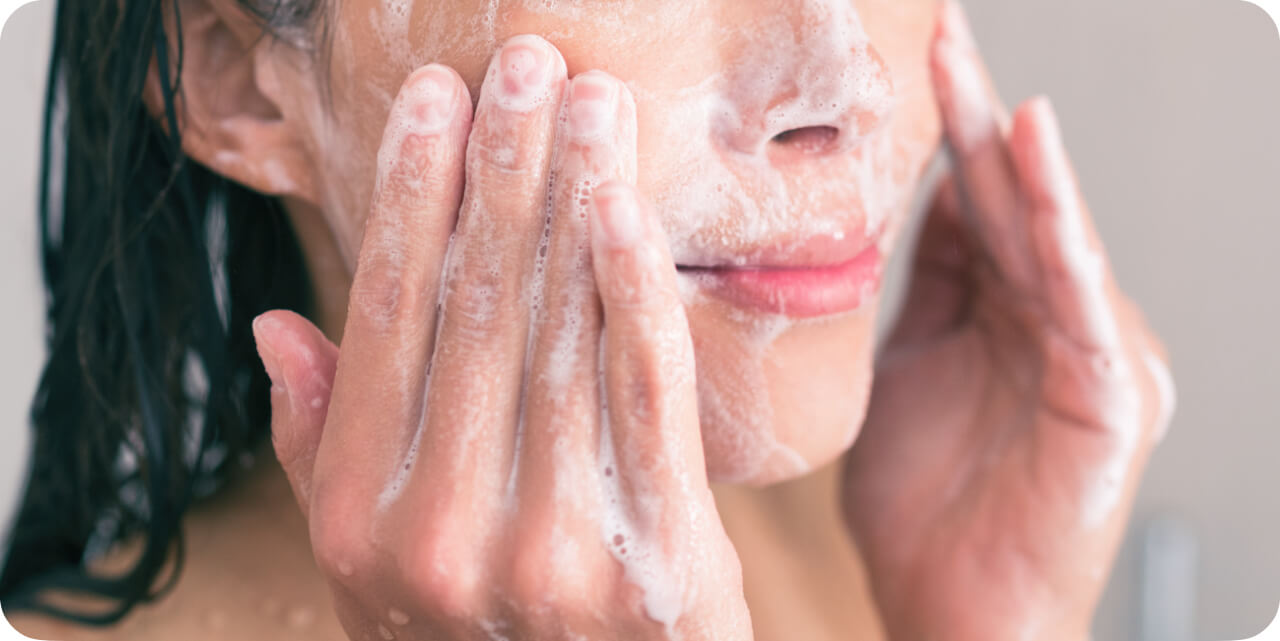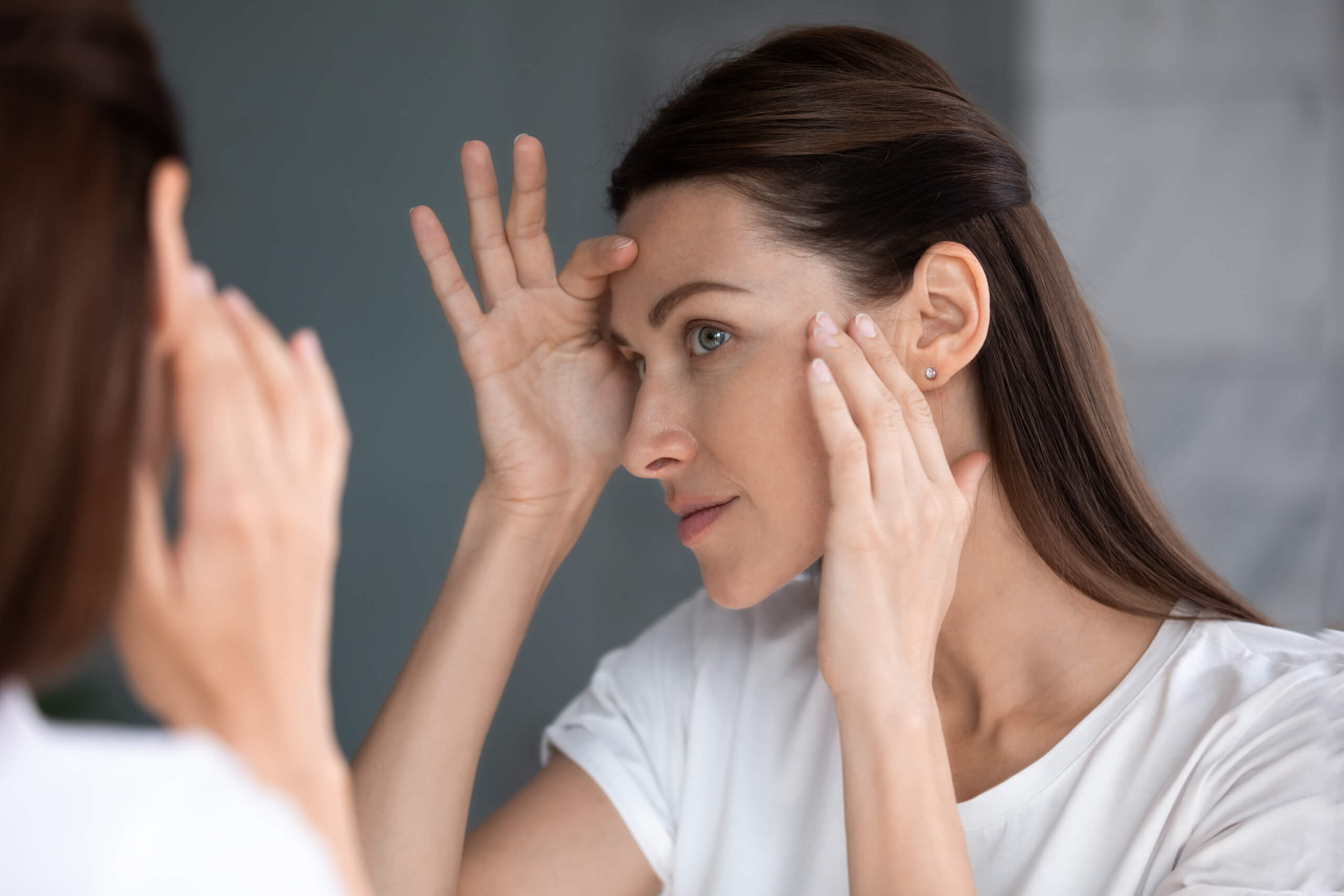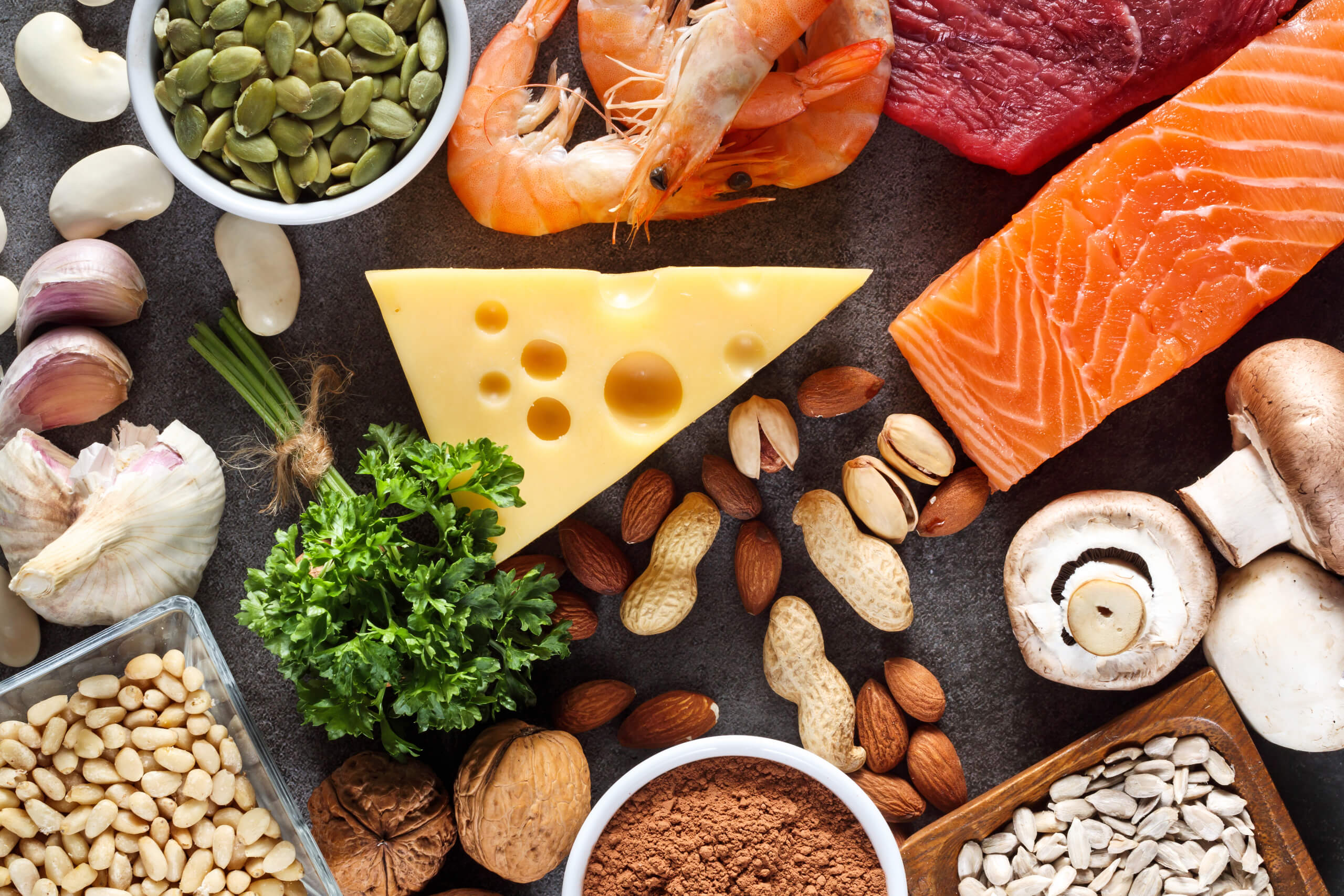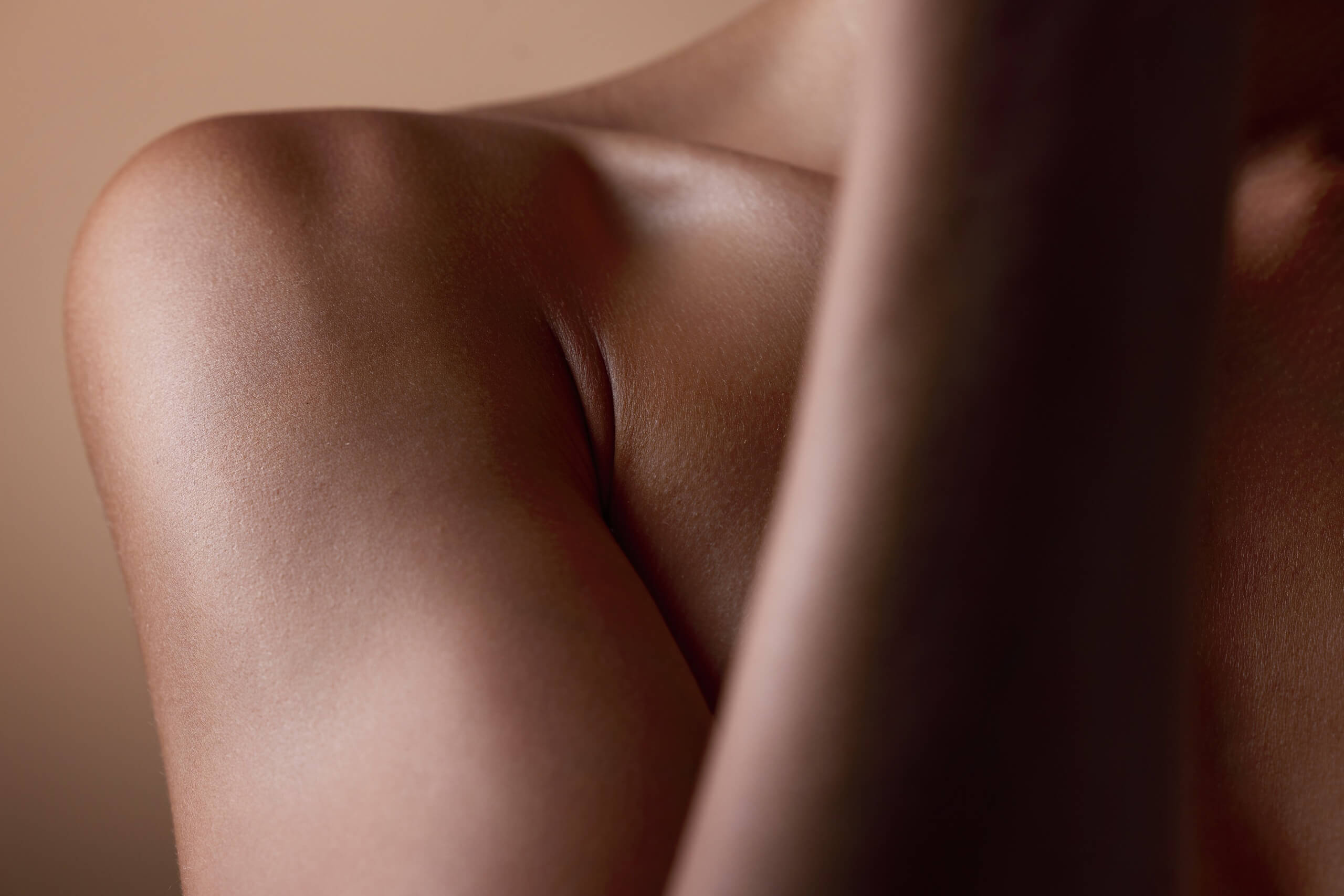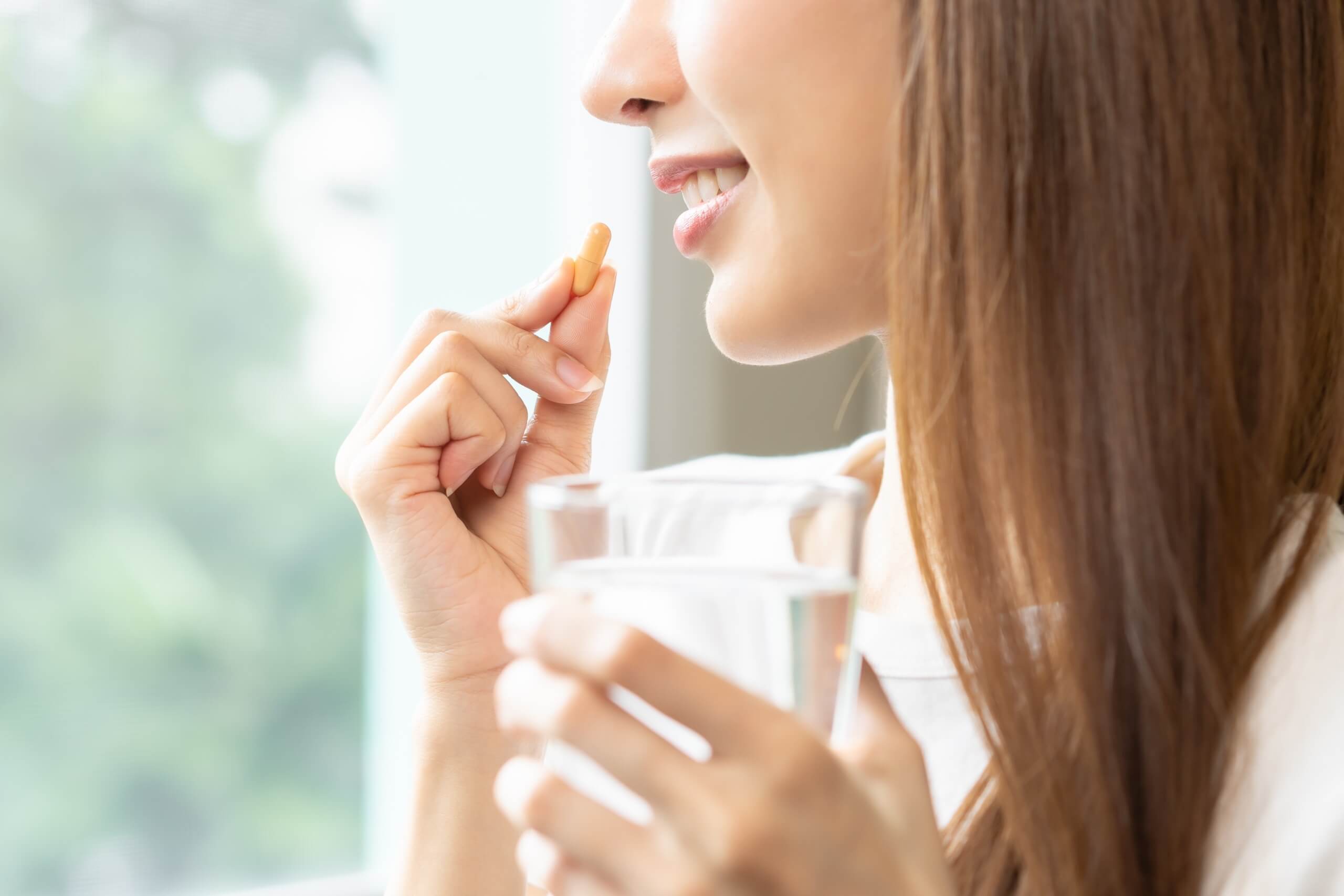Introduction
Acne is a common skin condition that affects millions of people worldwide. While there are various over-the-counter and prescription treatments available, many individuals seek natural remedies to manage their acne. In this article, we will explore effective natural methods to treat and prevent acne, providing insights into maintaining clear and healthy skin without harsh chemicals or medications.
Understanding Acne
What is Acne?
Acne is a skin condition characterized by the occurrence of pimples, blackheads, whiteheads, and inflammation on the skin.
Causes of Acne
- Excess sebum production
- Clogged pores
- Bacterial growth
- Hormonal changes
- Genetics
- Poor skincare habits
- Diet
Natural Treatment Options
1. Maintain a Healthy Diet
Eating a balanced diet rich in fruits, vegetables, whole grains, and lean proteins can help reduce acne flare-ups. Avoiding processed foods, sugary snacks, and dairy products may also improve skin health.
2. Stay Hydrated
Drinking plenty of water helps flush toxins from the body and keeps the skin hydrated, reducing the risk of acne breakouts.
3. Regular Exercise
Engaging in regular physical activity improves blood circulation, reduces stress, and promotes healthy skin. Incorporate activities like yoga, walking, or jogging into your routine.
4. Proper Skincare Routine
- Use gentle, non-comedogenic cleansers to cleanse the skin twice daily.
- Avoid harsh scrubbing or over-washing, as it can irritate the skin and worsen acne.
- Use oil-free moisturizers and sunscreen to protect the skin without clogging pores.
5. Tea Tree Oil
Tea tree oil has natural antibacterial properties that can help reduce acne-causing bacteria on the skin. Dilute tea tree oil with a carrier oil and apply it to affected areas.
6. Apple Cider Vinegar
Apple cider vinegar contains acetic acid, which helps balance the skin’s pH levels and reduce inflammation. Mix equal parts of apple cider vinegar and water, apply to the skin with a cotton ball, and rinse after 10-15 minutes.
7. Aloe Vera
Aloe vera has soothing and anti-inflammatory properties that can help reduce acne redness and swelling. Apply fresh aloe vera gel to the affected areas and leave it on overnight.
8. Zinc Supplements
Zinc plays a crucial role in skin health and may help reduce acne symptoms. Consider taking zinc supplements under the guidance of a healthcare professional.
Preventive Measures
1. Avoid Touching Your Face
Touching your face can transfer bacteria and dirt from your hands to your skin, increasing the risk of acne breakouts. Avoid touching or picking at acne lesions.
2. Change Pillowcases Regularly
Dirty pillowcases can harbor bacteria and oil, which can transfer to your skin while you sleep. Change your pillowcases at least once a week to prevent acne flare-ups.
3. Manage Stress
Stress can trigger hormonal changes that contribute to acne. Practice stress-reduction techniques such as meditation, deep breathing exercises, or yoga to keep stress levels in check.
4. Limit Makeup Use
Heavy makeup can clog pores and worsen acne. Opt for non-comedogenic, oil-free makeup products and remove makeup before bedtime to allow your skin to breathe.
5. Sun Protection
Exposure to the sun’s harmful UV rays can worsen acne and cause skin damage. Wear sunscreen with SPF 30 or higher daily to protect your skin from sunburn and premature aging.
Conclusion
While acne can be frustrating to deal with, natural remedies offer effective alternatives to conventional treatments. By adopting a healthy lifestyle, implementing a proper skincare routine, and incorporating natural remedies into your regimen, you can effectively treat and prevent acne while promoting clear and radiant skin.
FAQs (Frequently Asked Questions)
1. Is it possible to get rid of acne overnight?
Unfortunately, there is no overnight solution for acne. Consistent skincare practices and lifestyle changes are necessary for long-term improvement.
2. Can diet affect acne?
Yes, certain foods like dairy, sugar, and processed snacks can exacerbate acne symptoms. Maintaining a healthy diet rich in fruits, vegetables, and whole grains can help improve skin health.
3. How long does it take for natural remedies to work on acne?
The effectiveness of natural remedies varies from person to person. It may take several weeks to notice significant improvements in acne symptoms.
4. Can stress cause acne?
Yes, stress can trigger hormonal changes that lead to increased sebum production and acne breakouts. Managing stress through relaxation techniques can help improve skin condition.
5. Are natural remedies safe for all skin types?
While natural remedies are generally safe, it’s essential to patch-test new products and ingredients to avoid allergic reactions or irritation, especially if you have sensitive skin.
Related Posts
25/12/2024
Collagen: How It Supports Skin Elasticity and Reduces Wrinkles
Collagen has become a buzzword in skincare and health circles, but have you ever wondered why it’s so important? Let’s…
12/12/2024
Selenium: The Antioxidant Mineral for Youthful, Radiant Skin
When it comes to achieving youthful, radiant skin, Selenium is a hidden gem. This essential mineral doesn’t just play a…
01/12/2024
How Vitamin C Can Improve Your Skin’s Appearance
Vitamin C, also known as ascorbic acid, is a powerful antioxidant that plays a crucial role in maintaining healthy…
19/11/2024
Vitamin E: The Powerful Antioxidant for Beautiful Skin
Vitamin E has long been celebrated for its profound benefits on skin health. Known for its ability to reduce the…
07/11/2024
Using Wow! Glow! for Anti-Aging and Skin Health
Maintaining youthful, radiant skin isn’t just about appearances; it’s a reflection of overall health. With natural…
26/10/2024
The Benefits of Collagen for Women’s Hair, Skin, and Nails
Collagen is often referred to as the "glue" that holds the body together, and for women, it plays a significant role in…
14/10/2024
Zinc – Benefits for Skin and Immune Health
Zinc is a mineral essential for our health, and yet, it often doesn’t get the spotlight it deserves. Beyond its vital…
02/10/2024
Vitamin C – Essential for Skin Health
Vitamin C, also known as ascorbic acid, is a powerful antioxidant that plays a crucial role in maintaining healthy,…
20/09/2024
Supplements That Promote Strong and Healthy Nails
When it comes to maintaining strong and healthy nails, the right nutritional support can make all the difference. Our…


